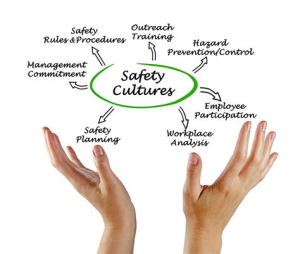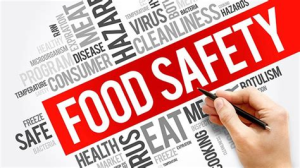The impact of an organisation’s values on its food safety culture can be measured by how much it will risk to protect the public health by instilling robust processes and encouraging a culture of health and safety awareness. However, this approach is not perfect because it is limited to a small sample of firms, and the number of food safety events that occur each year mean that not all organisations are this vigilant.
Food safety culture varies from one country to another, with some countries showing more progress than others in reducing food-related illness and even deaths. Economic instability in particular can affect investments in enabling conditions, thus affecting the effectiveness of food safety programmes. An organisation’s values can influence its food safety approach, but they should not be the only determining factor. As long as management takes responsibility for the food safety culture, employees will buy into the initiative. For more information on the benefit of a BRC Audit for your business, visit https://mqmconsulting.co.uk/services/brc-audit-global-standards-consultancy/
An organisation’s values must be embedded into all functional areas of that organisation. They cannot be confined to embellished plaques in the reception area. They must be part of the organisation’s culture, not just marketing content. In order to make an impact on food safety, organisational values should be a central component of all company decisions. This can be difficult if not managed properly.
An organisation’s values influence its food safety performance. By examining the national values and a company’s culture, researchers have been able to develop best practices that could be applied in a variety of different organisational settings. While this approach is not always the most effective, it is often a necessary step in improving food safety performance. Moreover, it is useful for policy makers to understand how different types of organisations react to different risks, as well as to measure the food safety culture within a country.
Identifying an organisation’s culture is crucial for ensuring that the food safety performance of its organisation is high. This can be achieved by establishing a strong food safety vision and aligning its mission with the values of its staff. It is important to remember that the values of an organisation can have a direct or indirect impact on the product’s quality. By evaluating an organisation’s culture, the participants will be able to pinpoint the strengths of their culture and identify areas where improvement is needed.
In addition to its values, the firm’s culture also affects food safety performance. A strong food safety culture is a key factor for a successful food safety program. It represents the values and goals of an organisation. As a result, it can determine the success of the food safety programme. Developing a strong food safety culture is essential for achieving the objectives of food safety. A successful programme can be achieved by fostering a positive attitude and commitment to the issue.







Leave a Reply